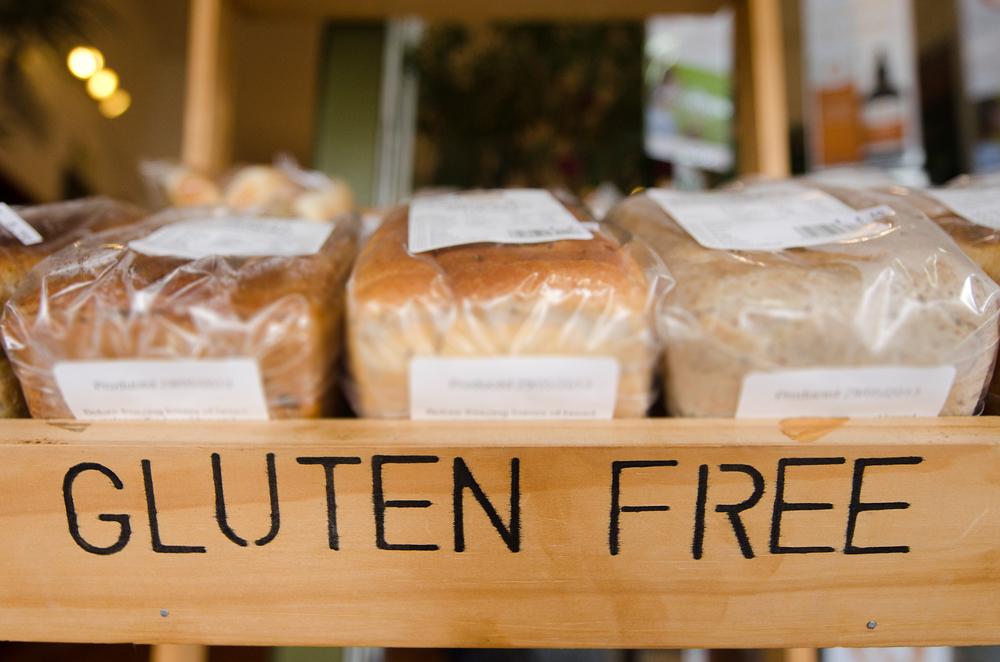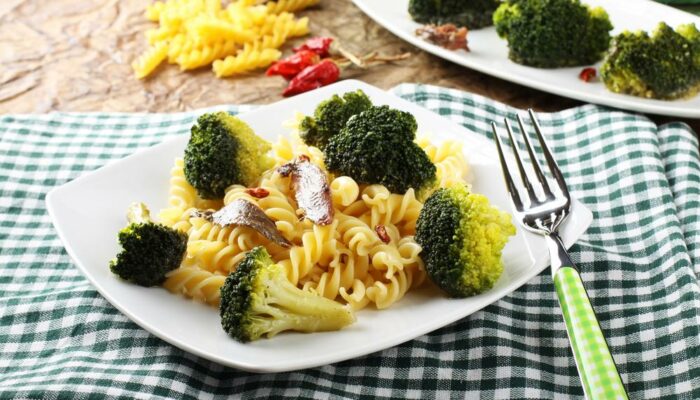
Foods to manage hepatitis – What you must not eat
Hepatitis is a medical condition that can affect your liver and cause substantial damage if you are not careful. The liver is one of the key organs in our body that is responsible for overall health as it removes the impurities from foods we eat. However, since the liver is damaged in this disease, it becomes very important for the patient to stick to a healthy lifestyle and have knowledge of the foods to manage hepatitis better.
While there is no specific diet for hepatitis management, there are some tips to ensure that you eat right and follow a healthy and well-balanced diet plan. Here are some foods that you should avoid when you are suffering from hepatitis:
Foods that should not be a part of your diet if you have hepatitis:
- Excess sodium
According to USDA guidelines for foods to manage hepatitis, you should stay away from consuming excess salt. The heavily-processed foods will invariably contain a lot of salt, like fried foods, snacks, microwaveable meals, etc. When chronic hepatitis advances to liver cirrhosis, it leads to fluid build-up in the abdomen. This condition is called ascites and people with this should limit their salt intake to lower than 1000 mg every day. - Excess sugar
Added sugars in foods can be very detrimental for people looking to add healthy foods to manage their hepatitis. Ideally, your sugar intake should not contribute to more than 10% of your total calorie intake. Added sugar is the biggest culprit and you will find it in juice drinks, sweetened sodas, and sugary treats. - Excess iron
The liver is known to play an important function in metabolizing and excreting iron. But people suffering from chronic hepatitis cannot release iron as well as they should, and this can cause tissue damage inside the liver. So, those with chronic hepatitis must cut down on the consumption of iron in their meals; they should ideally avoid liver, red meat, oysters, apricots, lentils, and iron-fortified cereals. - Alcohol
Consuming alcohol will stress the liver and this puts you at greater risks of liver damage. - Gluten
Gluten is known to be inflammatory and therefore, it may be a good idea to stick to a gluten-free diet if you have hepatitis. When you cannot properly digest or process gluten, you can experience a chronic inflammatory state that causes the leaky gut syndrome. So, pathogenic substances and toxins start infiltrating your blood and the liver has a toxic overload. - Tap water
This must be avoided because it can contain heavy metals like fluoride, chlorine, and other inorganic compounds that are hard for the liver to process. - Junk foods
These can be your favorite but they should not definitely be part of a diet to manage hepatitis. The body will never get the required nourishment from such foods, and they are always rich in added sugar, excess salt, empty calories, and additives. - White flour
Unless it is organic, you must avoid it because bleached white flour is chemically processed and this means most vital nutrients are lost in this process. If you continue to eat this chemically-altered product, you will still need extra minerals or vitamins to digest it. - Hydrogenated oils
These cannot be processed by the liver and must be strictly avoided; instead, you can use virgin olive oil or flaxseed oil. - Dairy foods
Dairy products are hard to digest and people with hepatitis will be more prone to bacterial infections than those with a healthy liver. So, they will probably be lactose intolerant too. - Fruit juices
The ones in the market are rich in concentrated sugar, and this is not right for a damaged liver as it can stress it.



